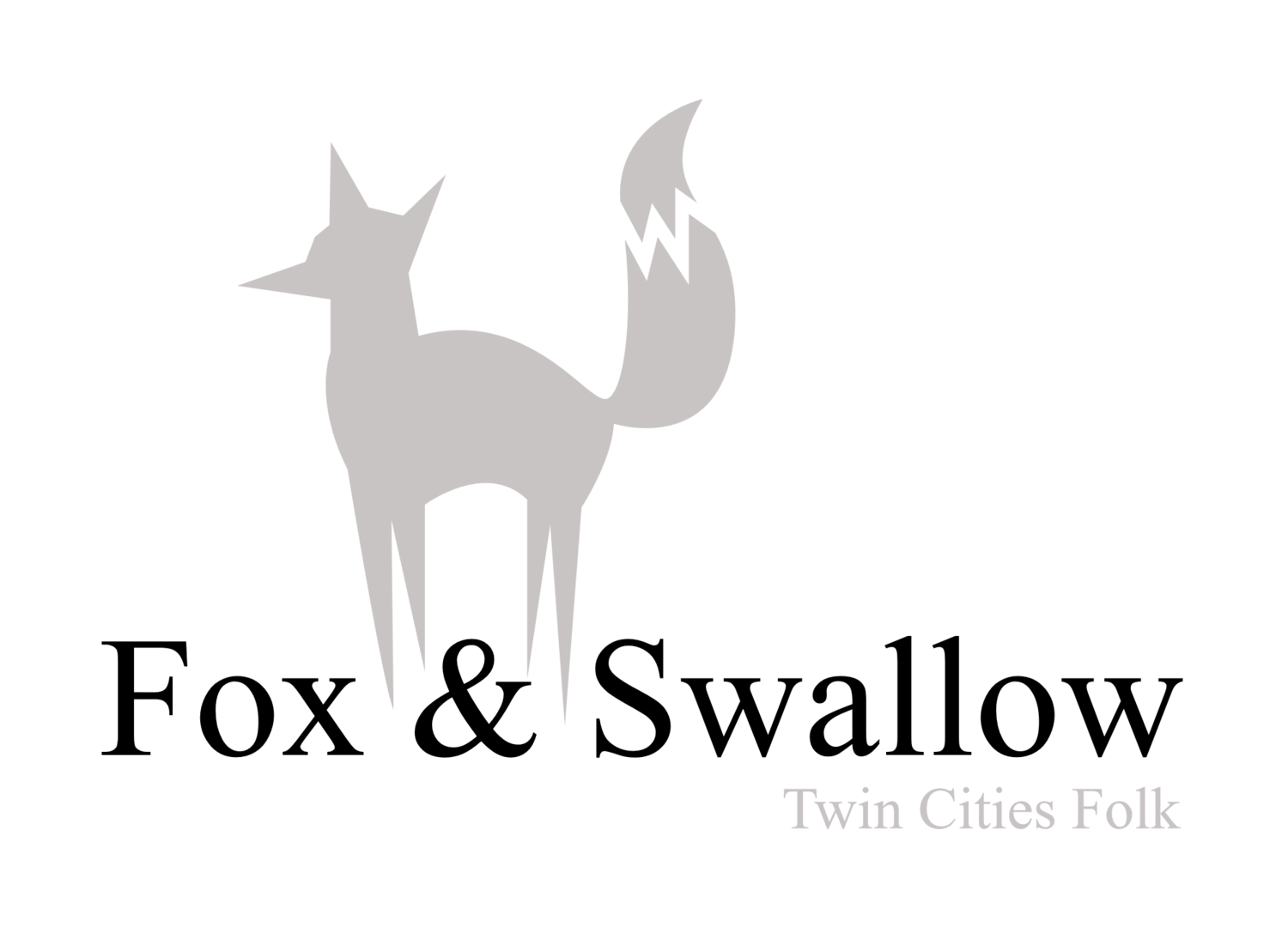Doki Doki Literature Club! Creepy and Thought Provoking
(Originally posted Dec 6, 2017)
Team Salvato’s Doki Doki Literature Club! is perhaps one of the more curious horror games I’ve played recently. It’s in the vein of recent projects that are taking entrenched, often niche genres, and stretching them to create experiences that are truly unique. Doki Doki Literature Club! fits very neatly into this emerging genre of 4th wall breaking games, such as Undertale, Stanley Parable, and Pony Island, where the mechanics and elements that traditionally exist only for player are as much a part of the created universe as the plot and dialogue; in line with this emerging genre, the assumed role of the player as a welcomed addition to that universe is also challenged. Doki Doki Literature Club! tries to push how “self-aware” can a character can become while still telling a coherent story. I don’t think Doki Doki Literature Club! quite hits the mark when it comes to making a plausible 4th wall breaking character like Undertale’s Flowey, but it does manage to unsettle the player and finds a unique voice in a quickly crowding niche of games.
Please note: Extreme spoils ahead! This is a game I would personally want to experience without being spoiled.
I don’t have too much to say in terms of gameplay since there is almost none. There is a novel moment at the end of the game, where deleting game files from the install folder becomes the physical weapons of the player. I’m not sure it’s possible for a game to break the 4th wall any further than that. Furthermore, how the game begins to treats simple mechanics such as saving and loading as tools that can be taken away is brilliant. However, overall It does nothing new. The first hour or so of the game is quite boring if you don’t enjoy anime tropes. To me, the game felt like it was intended for mostly for people who actually like visual novels, which isn’t bad. But, it doesn’t offer to much of an extended hand to people coming in from the outside of that genre. I will say, once the game really starts to kick off with I was hooked. My biggest critique is, the game takes a long time to become interesting. But once it did, I was captured till the end.
I’d describe Doki Doki Literature Club! as a challenge to what characters and players in a video game have to be, and a challenge to what we want them to be. In games we have a limited number of choices. We decide how the story progresses based on the limited options presented, the characters don’t get say no when we make a choice. Doki Doki Literature Club! explores what if you have a character who maintains agency in the face of the player trying to exist as a part of their universe.
When the character Monika is giving agency to decide what kind of world she wants to live in, the player’s agency is taken away. The choices we were trying make are undermined by a character who is allowed to say no. The player becomes a hostage to a self-aware, obsessed, and lonely AI. The player doesn’t get to choose if they want to romance Monika, instead Monika chooses the player. In this way, the roles have been reversed of player and NPC.
I think it’s a smart narrative that challenges us as consumers of games to rethink how we view the characters we are interacting with. While in this case, its not necessarily fun to be a hostage, I think it shows there a lot of room in video games to expand what kind of characters we look for creators to make and what kind of choices in the narrative we can expect to make. Perhaps game worlds don’t need to feed into our narcissism to be the center of the universe. There is certainly room to explore where can a player exist in a narrative that is still fun and important, without removing the agency and choice of the NPCs that the player interacts with. Monika ends up being a far more interesting character, simply because she is allowed to take over the narrative. That being said, Team Salvato seem to be suggesting that when an NPC becomes the center of the narrative, the player stops existing in that universe. While I applaud the brilliance of the narrative they have told, and I hope more creators and studios explore this concept so we can see how else these less player centered narratives can be shaped.
